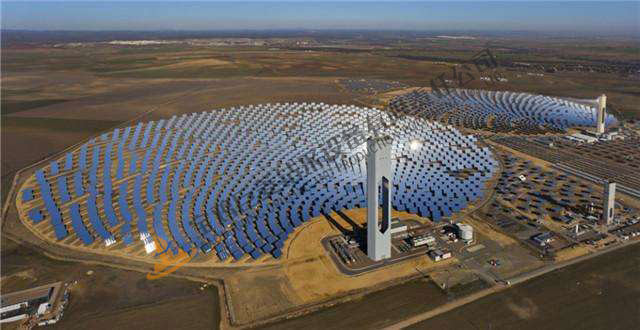The transformation of new energy sources in China: When will oil and carbon dependence end?
[ Information dissemination:This station | Release Time:2019-09-16 | browse:1152 ]
For at least the next decade, China's energy efforts will remain focused on securing supplies of fossil fuels. But good policies and investment-led technological innovation have put China at the forefront of the world's efforts in clean energy. Technology leadership in batteries and electric vehicles, in particular, could keep China at the forefront of the energy transition and provide a new engine for economic growth.

When it comes to energy, there is no country like China that has the world's most mixed mix of worries: China is the world's largest coal consumer and the second largest oil consumer after the United States. Its renewable power plants are much larger than other countries, but it also emits more carbon dioxide than others. It sells more electric cars than the rest of the world combined. Its energy needs are huge, but it is not yet self-sufficient. At present, non-fossil fuels, which are dominated by hydropower and nuclear energy, account for only 12 % of the country's total energy composition, so China's main geopolitical focus on energy will be to ensure the supply of fossil fuels for at least the next decade. But China is already at the forefront of the world in terms of clean energy.

In recent years, China has spent more on greening its energy system than the US and the European Union combined through subsidies, policy targets and manufacturing incentives. According to Bloomberg New Energy Finance(BNEF), China invested $132 billion in this last year alone. Zouji of the energy foundation points out that America's shale gas revolution may be a godsend. Thanks to increased U. s.investment in LNG in global markets, it is easier and cheaper to convert coal to gas in coastal areas of China. Greater energy interdependence between the US and China could benefit relations between the two superpowers, especially in reducing the huge US trade deficit with China.

There have been some mistakes in China's renewable energy policy, and it is common criticism that the country lacks a sound regulatory regime to achieve a smooth transition to clean energy. However, such criticism may understate China's huge pioneering enthusiasm for clean energy and its growing ambition to diversify energy supplies and decarbonize. Both of these could give China a dominant role in developing future energy technologies. The Trump administration pulled out of the Paris climate agreement and also gave up leadership in energy innovation. And ...

